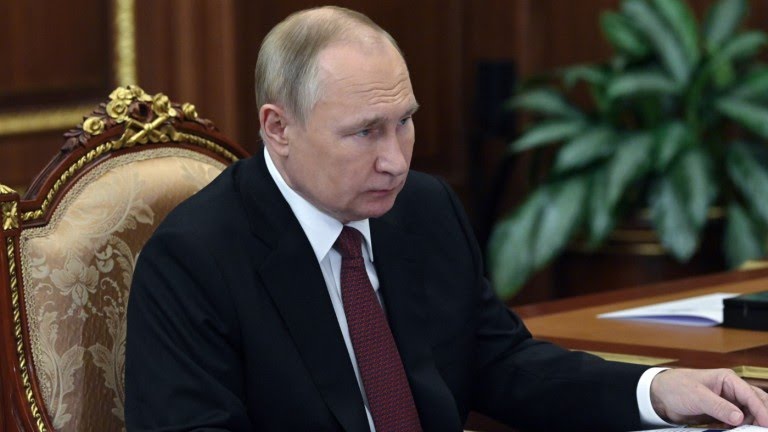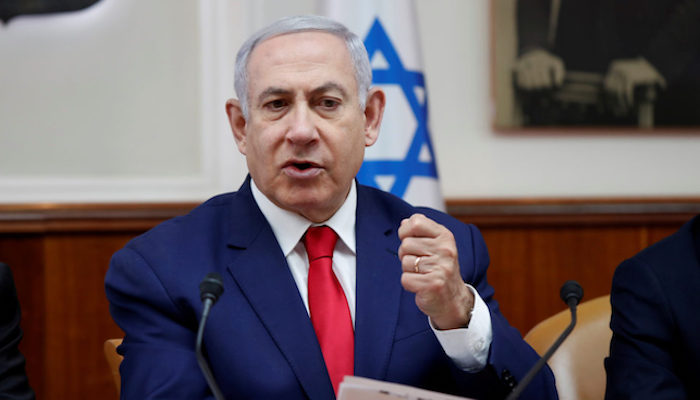
Russian President Vladimir Putin on Tuesday banned the export of oil and oil products to the U.S. and its allies that recently imposed a price cap on Russian oil.
The ban will activate on Feb. 1 and remain in force until July 1, 2023, according to the executive order released by the Kremlin.
Russian oil may still be exported to those nations under the ban if Putin authorizes it through a special order.
The Group of Seven (G-7) nations, along with the European Union (EU) imposed a price cap on Russian oil that went into effect this month.
The cap prevents Russia from selling oil at more than $60 per barrel, a move intended to punish Moscow for invading Ukraine while also eating into Putin’s war chest.
Under the new rules, nations that sell Russian oil above the price cap can lose access to essential services for oil shipments across international waters, such as insurance and trade finance.
The G-7 comprises the U.S., Canada, France, Germany, Italy, Japan and the United Kingdom, and companies in those nations control about 90 percent of the maritime insurance market.
Russia, the world’s third-largest oil producer, has rerouted much of its oil intended for Europe to China, India and Turkey, giving those nations steep discounts for the energy product.
In response to the G-7 and EU price cap, the Kremlin said it can continue to finance its war effort.
But some analysts said Russia has been living off a huge windfall from high energy prices this year, which will wear off in the next few months and could make the country more vulnerable.
Western nations have slapped rounds of sanctions on Russian officials and entities since the war began. Putin has often retaliated with his own sanctions and prohibitions.









